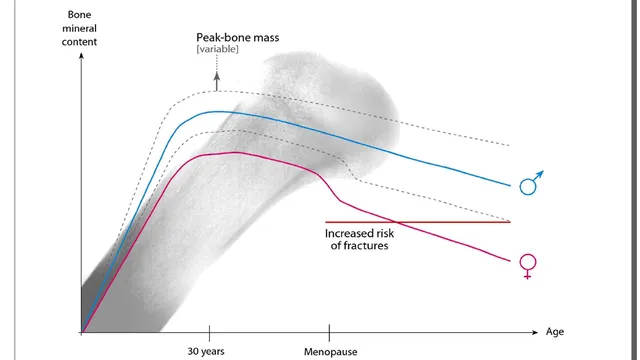A new large-scale study has found that maintaining low blood pressure can significantly reduce the risk of dementia and cognitive impairment, reports Euronews.
Scientists have long known that there is a link between high blood pressure and cognitive problems among the elderly. But the new research is one of the first major studies to prove that blood pressure-lowering drugs can reduce the risk of dementia, which affects an estimated 57 million people worldwide.
The late-stage clinical trial involved nearly 34,000 people with high blood pressure in rural China who were divided into two groups. On average, they were about 63 years old and had had high blood pressure problems for eight years.
Community health workers gave half of the participants inexpensive and readily available medication to treat high blood pressure, told them how to monitor their levels at home, and advised them on lifestyle changes such as limiting salt and alcohol intake and losing weight.
The other group received standard care - they were told to control their blood pressure. These patients were usually advised to eat a healthy diet and limit salt consumption.
According to the study, published in the journal Nature Medicine, over the next four years, the group that received medication and counseling had better blood pressure control, which reduced their risk of dementia by 15% and their risk of cognitive impairment by 16%.
The results suggest that concentrated efforts to keep blood pressure within healthy limits may help limit the severity of dementia, the researchers say.
"This is a remarkable study with a very large sample and a strong effect," said Masoud Hussain, a professor of neurology at Oxford University who was not involved in the study.
"This is a warning signal for intensive treatment of high blood pressure, not only to protect the heart but also the brain," Hussain said.
The results are consistent with another large U.S. clinical trial that found intensive blood pressure treatment leads to a lower risk of cognitive impairment, including problems that may be linked to dementia.
Other studies have also shown that lifestyle decisions can influence whether someone will develop dementia. Last year, researchers said addressing 14 risk factors - including high blood pressure, smoking and lack of physical activity - could delay or prevent half of all dementia cases.
But most experts so far have found links between dementia and lifestyle factors, making the new study, which offers some of the first evidence of a causal link, more important.
The findings could change the way health workers think about dementia prevention, given that there is no cure for the disease and the number of its victims is expected to nearly triple by 2050.
Independent experts said further research is needed to understand how other factors, such as genetics, interact with high blood pressure to increase the risk of dementia. They also want to find out whether the results will persist in other groups of people and over a longer period of time.
Treating high blood pressure is not guaranteed to prevent dementia. About 670 people in the study who received extra medical care - 4.59% - still developed the disease.
The study has some other limitations. Although it did not include people who had already been diagnosed with dementia, the researchers did not test people's cognitive function before the experiment began.
Nonetheless, independent experts said the findings warrant prioritising blood pressure control as people age, which they said could be particularly helpful in areas with less access to modern medical care.
"We have an intervention that reduces the risk of dementia and that can be delivered to large numbers of people in their communities at modest cost," said Atticus Hainsworth, a professor of cerebrovascular disease at St. George's University in London, who was not involved in the study.
Given that the results of the Chinese study were similar to those of the American study, "these coincident findings may lead to changes in health policy guidelines," he added. | BGNES

 Breaking news
Breaking news
 Europe
Europe
 Bulgaria
Bulgaria







